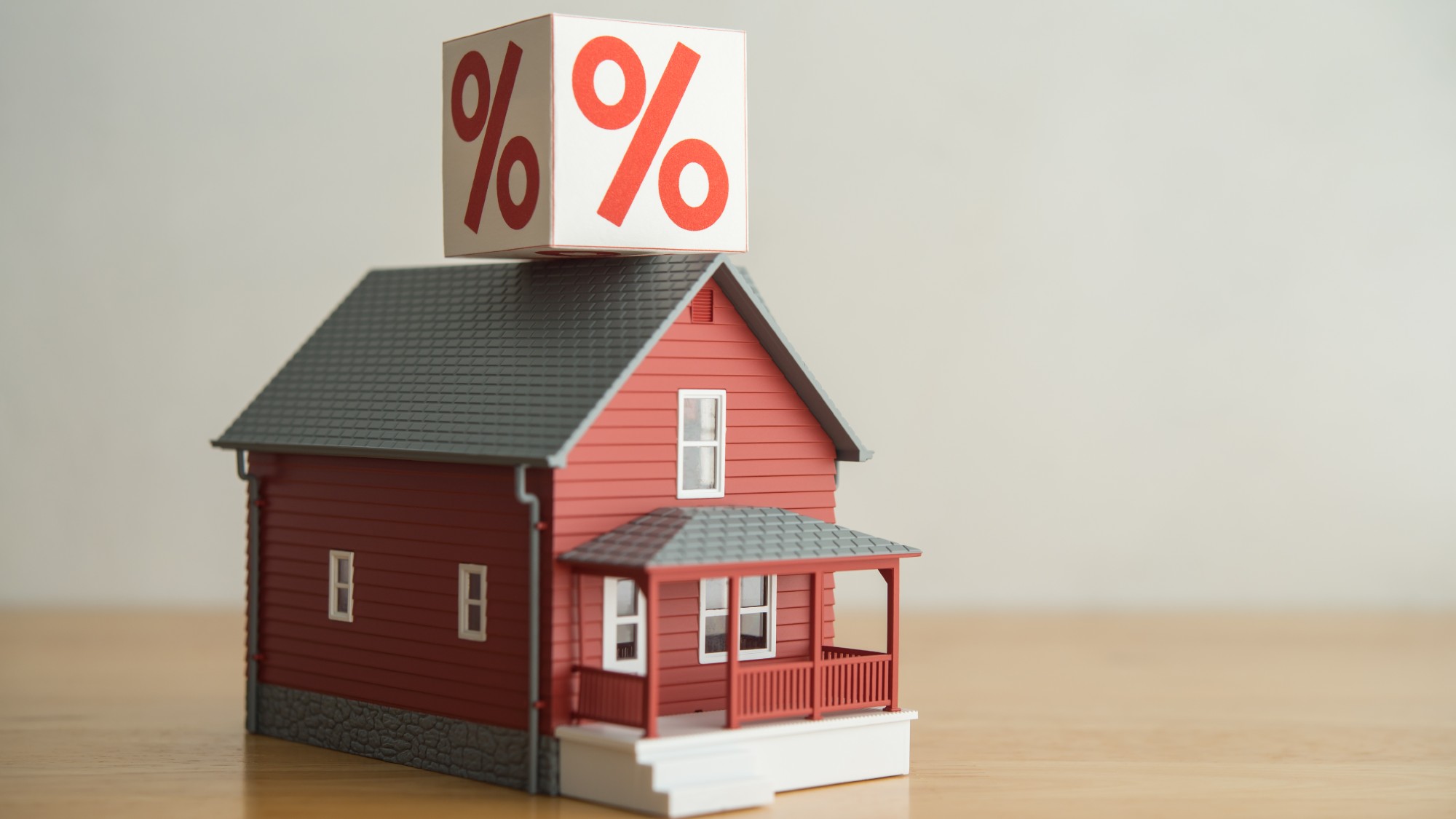The price-comparison tricks that will save you money
January is the busiest time of year for price-comparison websites. Here's how to get their best deals

A free daily email with the biggest news stories of the day – and the best features from TheWeek.com
You are now subscribed
Your newsletter sign-up was successful
This week marked the return to work for most people, and the beginning of getting to grips with 2015. As many of us sought to act on our new year's resolutions the price-comparison websites experienced 'Quote Monday', one of their busiest days of the year.
One website, comparethemarket.com, expected to get 50 per cent more visits than usual on Monday as people tried to sort out their finances.
According to a survey by the Post Office, 14 million people want to make a big financial change in 2015, with clearing their debts and taking financial control topping the list of priorities.
The Week
Escape your echo chamber. Get the facts behind the news, plus analysis from multiple perspectives.

Sign up for The Week's Free Newsletters
From our morning news briefing to a weekly Good News Newsletter, get the best of The Week delivered directly to your inbox.
From our morning news briefing to a weekly Good News Newsletter, get the best of The Week delivered directly to your inbox.
A visit to a comparison website is a great way to start taking control of your money. They can be the gateway to eliminating debts, speeding up savings growth and cutting household bills. But, how do you make sure you are getting the most from them? Here are three tricks to using comparison websites:
Information, information, information
The more you put into a price-comparison website the more you will get out of one. So, make sure you have all the information to hand when you go online.
If you are wanting to cut your household bills have your most recent bill to date. Bills changed last year and you should find it a lot easier now to find the relevant information to put into the site so you can accurately compare deals.
A free daily email with the biggest news stories of the day – and the best features from TheWeek.com
Anyone who is hoping to switch to a better credit card deal should make sure they use a website that gives results based on how likely you are to get the credit card. Both TotallyMoney.com and Moneysupermarket.com do this. It means you put in some information about yourself and it will only show you credit cards you are likely to be accepted for. That way you don't end up being rejected and damaging your credit rating.
If you are looking to boost your interest rate on savings, make sure you know how much money you have, how long you are prepared to lock it away for, what your current interest rates are, and whether you should be putting your savings in an Isa or not.
Watch out for hidden results
Comparison websites have made life a lot easier for us all, but they aren't perfect. They make their money by getting paid by other companies if you go to their websites. For example, if you are on a comparison site that recommends you get your gas from GasRUs and you click on the link to GasRUs, that company pays the comparison website. But, not all companies are prepared to pay the websites commission.
The comparison sites want to make money so they drive you towards the companies that pay them by hiding non-paying results. This can mean you don't get the best deal.
For example, I recently switched gas supplier but when I was using a comparison website (uSwitch.com, in this instance but others do it too) the first list of results they showed me said I could save £115 a year. But, when I went back a step and selected to see all results, not just those I could switch to that day, my savings jumped to £159 a year. Plus, I could switch that day – I just had to contact the company myself rather than being sent their via the comparison website.
It therefore pays to keep your eye out for the option to see all available offers: it could save you a lot more money.
Compare the comparisons
Once you've put in your details and are sure you are seeing all the deals available to you it's time to do a little bit of legwork. If you want to make sure you are getting the absolute best possible deal whether it is a new credit card, mortgage, savings account, insurance policy or energy deal you need to compare the results across a few different comparison websites. None of them cover the entire market so you need to look at a few.
For example, in my hunt for a new gas supplier the results varied across four different comparison websites, with the best one offering me a 10 per cent larger saving than the others.
Price-comparison websites have made life much easier for consumers, but there are pitfalls for complacent users. As always, you need to be on the ball to land yourself the best possible deal.
-
 Sepsis ‘breakthrough’: the world’s first targeted treatment?
Sepsis ‘breakthrough’: the world’s first targeted treatment?The Explainer New drug could reverse effects of sepsis, rather than trying to treat infection with antibiotics
-
 James Van Der Beek obituary: fresh-faced Dawson’s Creek star
James Van Der Beek obituary: fresh-faced Dawson’s Creek starIn The Spotlight Van Der Beek fronted one of the most successful teen dramas of the 90s – but his Dawson fame proved a double-edged sword
-
 Is Andrew’s arrest the end for the monarchy?
Is Andrew’s arrest the end for the monarchy?Today's Big Question The King has distanced the Royal Family from his disgraced brother but a ‘fit of revolutionary disgust’ could still wipe them out
-
 Six ways to boost your finances in 2026
Six ways to boost your finances in 2026The Explainer It’s not too late to make a new year’s resolution to finally get organised money-wise
-
 Could a part-and-part mortgage help you on to the property ladder?
Could a part-and-part mortgage help you on to the property ladder?The Explainer Combining repayment and interest-only mortgages could become more popular as part of a push towards more flexible lending
-
 Why it’s important to shop around for a mortgage and what to look for
Why it’s important to shop around for a mortgage and what to look forThe Explainer You can save big by comparing different mortgage offers
-
 What are portable mortgages and how do they work?
What are portable mortgages and how do they work?the explainer Homeowners can transfer their old rates to a new property in the UK and Canada. The Trump administration is considering making it possible in the US.
-
 What’s an adjustable-rate mortgage and what are the risks?
What’s an adjustable-rate mortgage and what are the risks?The Explainer Buyers are increasingly willing to take the gamble of a changing rate
-
 How will Fed rate cuts affect the housing market?
How will Fed rate cuts affect the housing market?the explainer An anticipated series of Federal Reserve cuts could impact mortgage rates
-
 What to do if you want to move but don't want to give up your low mortgage rate
What to do if you want to move but don't want to give up your low mortgage ratethe explainer 30-year mortgage rates are currently averaging 7% — and homeowners who secured rates closer to 3% during the pandemic are reluctant to sell their homes
-
 Is it worth getting an interest-only mortgage?
Is it worth getting an interest-only mortgage?The Explainer Your monthly payments may be cheaper but the full mortgage amount will need to be paid back eventually